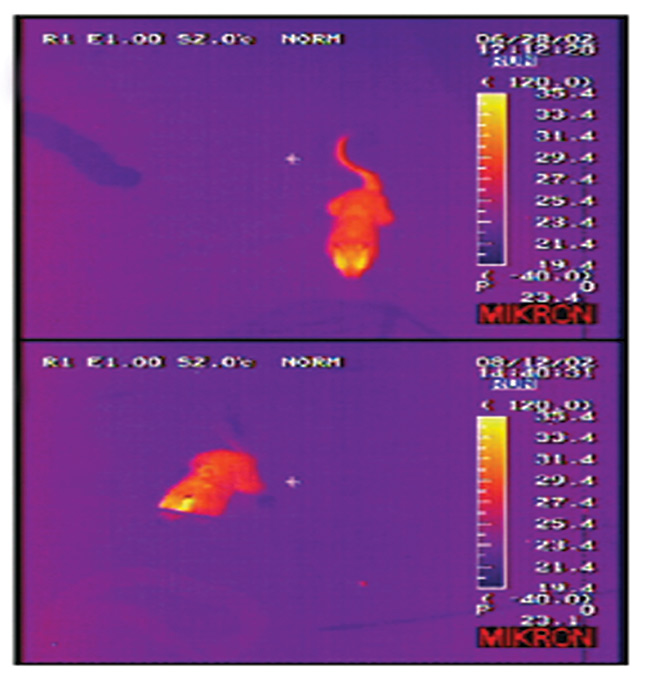The animal I am talking about here is the very common California ground squirrel. But before you stop reading, wait! Sure, the squirrel is not going to win a beauty pageant and you probably won't find many squirrel souvenirs in our stores, but in terms of personality to the pound and an absolutely incredible ability to defend itself, this little rodent's got everyone beat. Let us think about the life of a ground squirrel for a moment. If you are small and tasty and live
 in a burrow, you've got a lot to be worried about. In fact, you probably spend more of your day thinking about snakes than even the worst ophidiophobe (a person scared of snakes). So what's a squirrel to do in a tough world full of things that want to eat it? Get smarter.
in a burrow, you've got a lot to be worried about. In fact, you probably spend more of your day thinking about snakes than even the worst ophidiophobe (a person scared of snakes). So what's a squirrel to do in a tough world full of things that want to eat it? Get smarter.
Researchers at UC Davis set out to answer the question: how does this little half pound animal protect itself against a formidable predator like the rattlesnake? You might say that the answer is very alarming! Noticing that when confronted by predators California ground squirrels furiously shake their tails, researchers thought there might be more to this display than meets the eye. So they set up heat imaging cameras and noticed that along with the tail waiving display, squirrels can actually heat up their tails by as much as 12°F (see graphic below)! To a heat sensing organism like a snake, this sudden flash of heat is so startling that it often sends them scurrying away into a defensive position. Squirrel 1, Rattlesnake 0. Researchers touted this discovery as the first example of infrared communication ever observed in the animal world.
And if that's not enough, some populations of adult California ground squirrels have shown varying immunity to rattlesnake venom. Been bitten by a rattlesnake? No problem! And while tail waiving and venom immunity are great strategies for the adults, what about the more vulnerable young pups? Well thanks to another clever trick, the pups probably don't have to worry about snakes either. (Listen up ophidiophobes.) One researcher at UC Davis noticed that some California ground squirrel moms will chew up shed rattlesnake skins and then meticulously groom their pups. Why this rattlesnake perfume, you might ask? It is believed that by applying this mash of snake skin, the pups' scent is camouflaged, disguising the young ground squirrel as the very predator itself.

So while the California ground squirrel may not seem as charming as the black bear, I do hope that next time you see one of these rodents, you pause for a moment. Pause to think about how one of the smallest and most commonly seen animals in Yosemite might just be the most courageous and clever of them all.

The California ground squirrel can heat up its tail when attacked (top), but won't heat it up if the predator is not infrared-sensitive (bottom). Graphic: Aaron Rundus.
